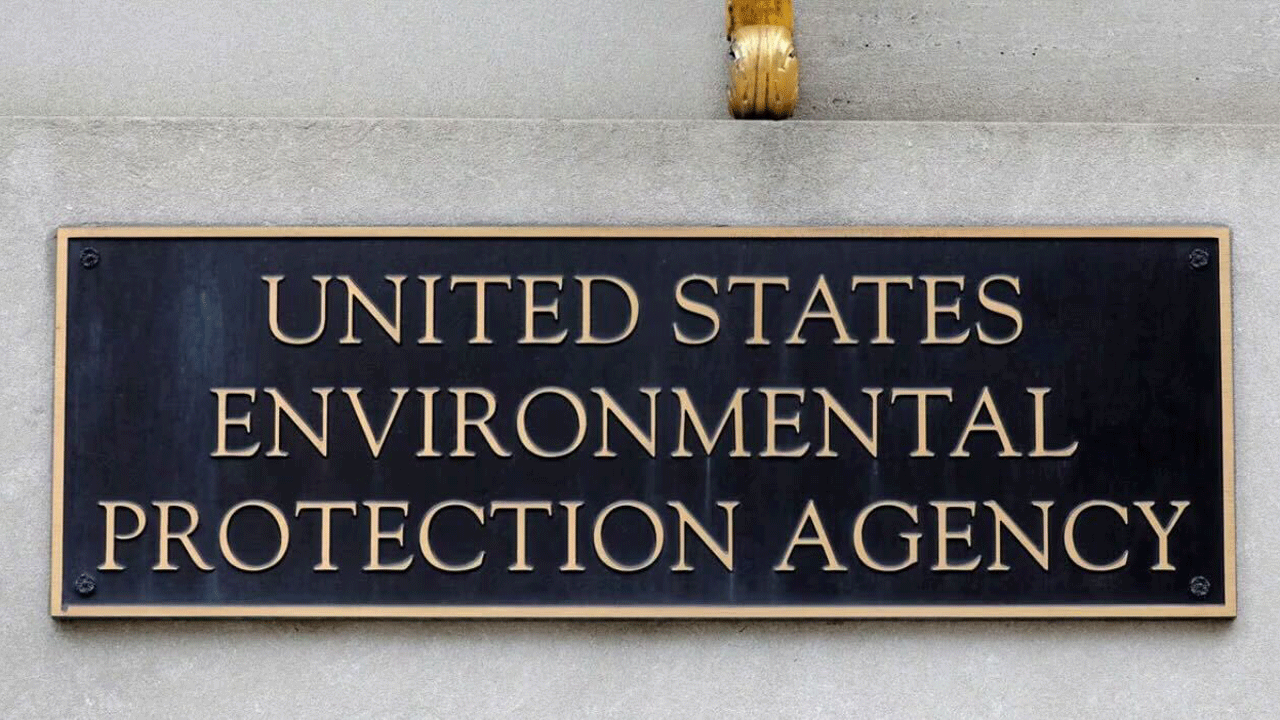Critics sue EPA over truck emission rules that could harm corn industry.
Several agricultural, manufacturing, and energy production organizations have recently filed lawsuits in an attempt to block the upcoming rules on trucks and buses, one week after challenging the Biden administration’s new emissions standards for cars and light-duty vehicles. The focus of the new standards is on “heavy-duty vocational vehicles,” which encompass garbage trucks and bobtails, among others.
Despite assertions from the Biden administration and its agencies that the new rules do not signify a forthcoming ban on internal combustion engines, the plaintiffs remain unconvinced and have taken legal action by filing petitions in Washington, D.C., federal court.
The lawsuits are led by prominent groups such as the American Petroleum Institute (API), the American Farm Bureau Federation, the Corn Growers Association, and the Owner-Operator Independent Drivers Association. These lawsuits name the Environmental Protection Agency (EPA) and its administrator Michael Regan as defendants.
The API-led suit contends that the EPA’s final rule on heavy-duty vehicles violates federal laws prohibiting arbitrary and capricious statutory provisions. They are seeking to have the rule overturned in court. On the other hand, the American Fuel & Petrochemical Manufacturers (AFPM) has filed a separate lawsuit alleging that the new regulation improperly imposes an electrification mandate on the nation’s trucking sector.
Ryan Meyers, Senior Vice President of API, emphasized that the EPA’s policies are pushing for a switch to technology that is not currently available for these types of vehicles, which could have significant consequences for the average American. Meyers also criticized the administration for enforcing unpopular policy mandates lacking statutory authority.
Harold Wolle, President of the National Corn Growers Association, expressed concerns about how the rule affects U.S. grain farmers who supply ethanol for American gasoline. He argued that ethanol plays a crucial role in the fight against climate change, provides cost savings for consumers at the pump, and benefits rural economies.
In response to criticism, the EPA defended its new emissions rules, describing them as technology-neutral and performance-based. The agency emphasized that manufacturers have the flexibility to choose emissions control technologies that best suit the standards and needs of their customers.
The EPA’s fact sheet released in March on the new emissions rules highlighted that the greenhouse gas reductions will benefit all U.S. residents, especially vulnerable populations like people of color, low-income groups, indigenous peoples, and children. The standards are intended to encourage the development of more efficient vehicles that reduce fuel and maintenance costs while minimizing pollution.
As the legal battle unfolds between industry groups and the EPA, the broader implications of these emissions standards on the transportation sector and the environment remain at the forefront of public discourse.








